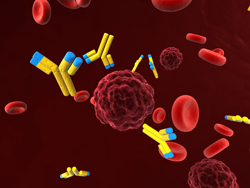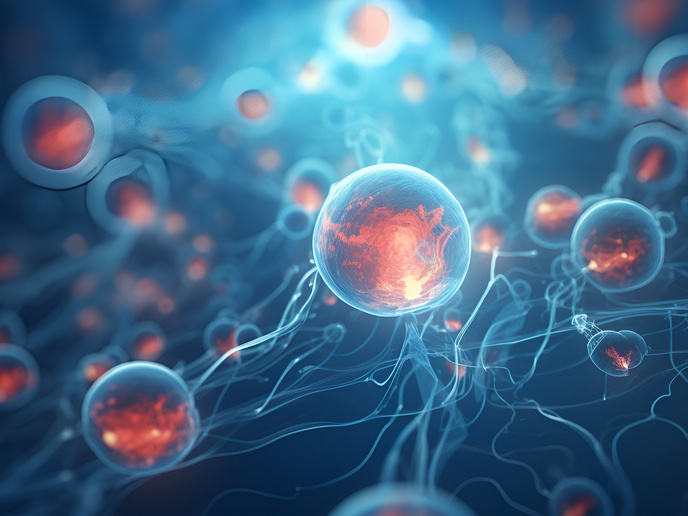Proteases and cancer
Protease enzymes have the ability to digest other proteins and macromolecules, thereby influencing matrix degradation and tumor cell invasion through proteolytic cascades, with distinct roles in tumor invasion, migration and angiogenesis. Accumulating evidence has now shown that proteases are also involved in regulatory mechanisms that determine the extracellular environment, and how cells respond to their environments. Through this mechanism they can control cancer cell growth, formation of new blood vessels within the tumour, and also the ability of the immune system to detect cancers. Collectively, the protease genes and their natural inhibitors are known as degradome. The EU-funded Cancerdegradome project researched the degradome in order to define new molecular targets for drug design. Among the project’s aims were to obtain thorough knowledge on the pathophysiological roles of proteases and related molecules, and use this information to develop molecular profiling technologies and biomarkers of disease status. A major achievement of the project was the identification of the full repertoire of protease genes in humans and other animals. Cross-species comparison indicated that certain protease genes were highly conserved while others had evolved through species adaptation to new environmental and stress conditions. Although the precise interplay of protease genes remains to be fully elucidated, the Cancerdegradome project revealed the complexity of protease receptors, inhibitors and extracellular substrates. Genome-wide sequencing and disease-association studies have identified numerous disorders whose roots lie in defective degradome genes. The generation of specific knockout animal models is expected to unmask the role of these genes in genetic disease.







